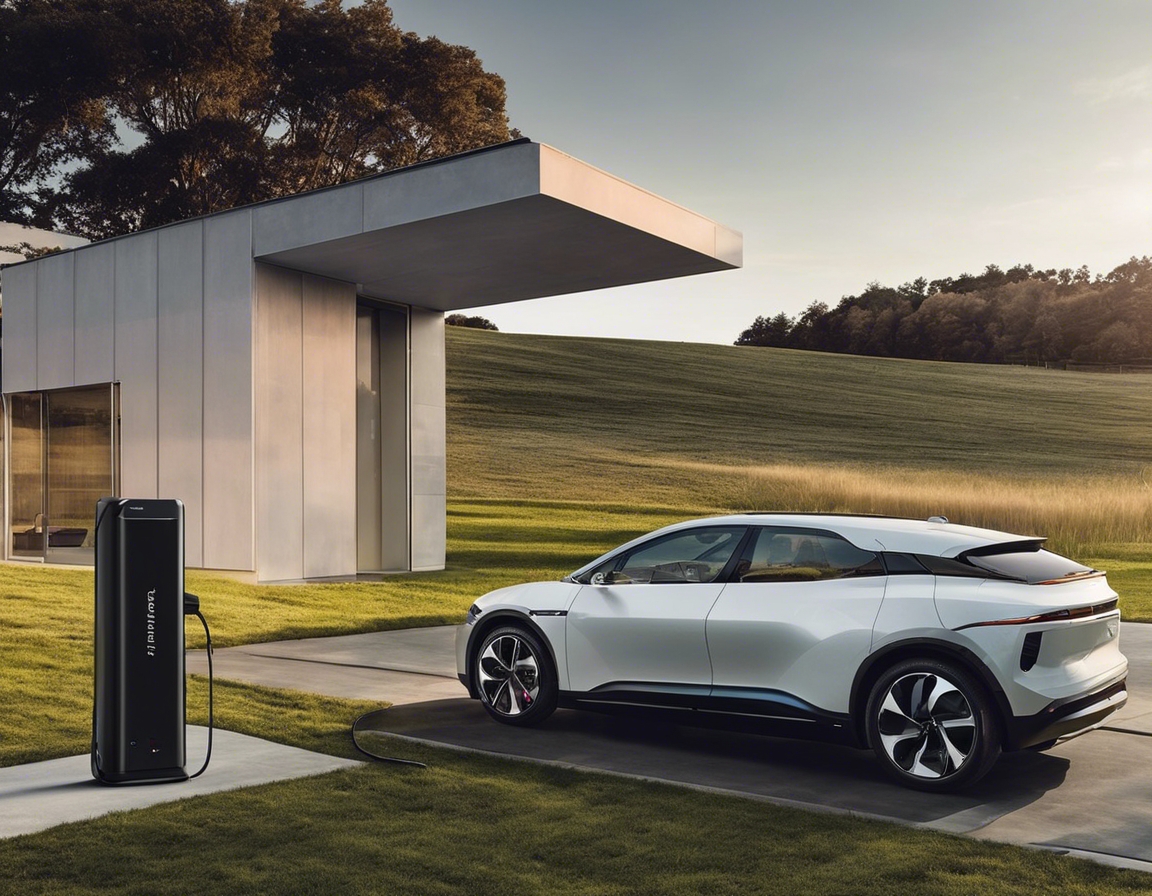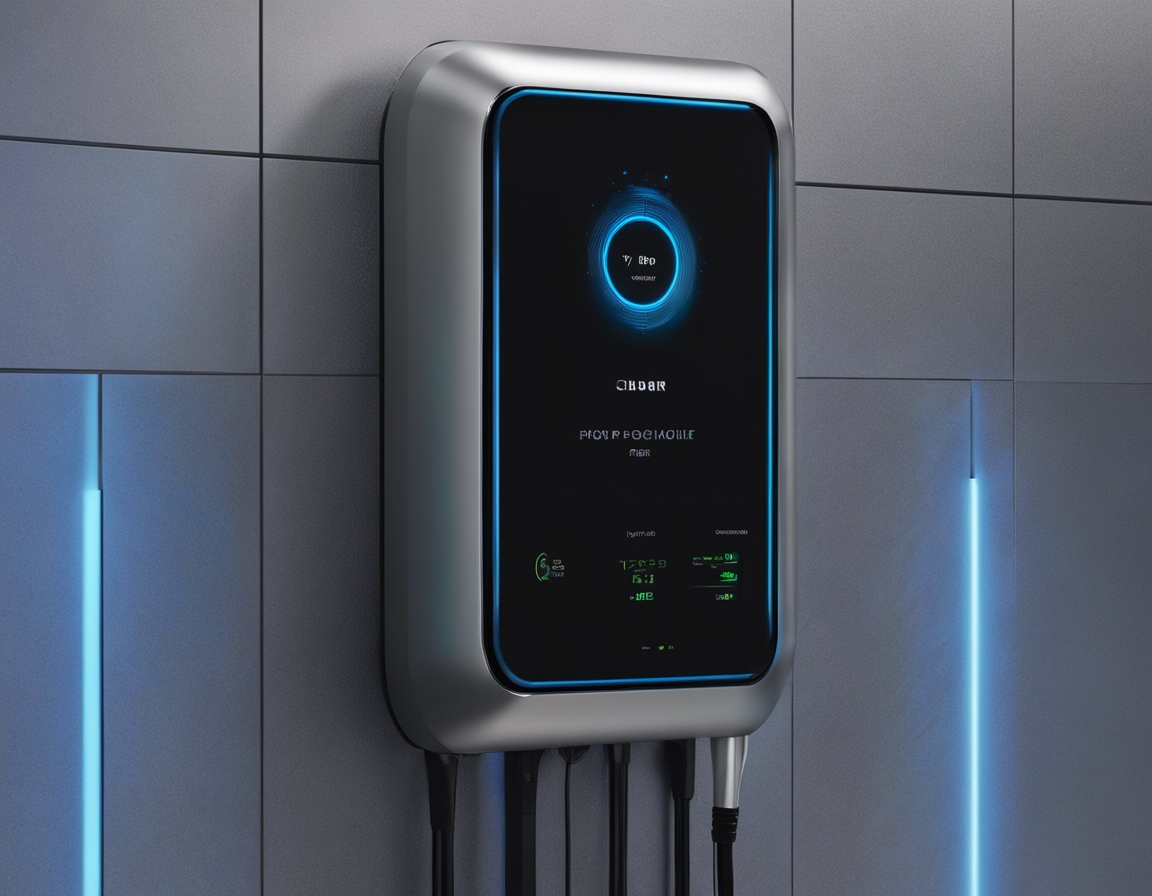The future of electric cars and home charging
Electric vehicles (EVs) are rapidly becoming a staple on roads worldwide. With advancements in technology and increasing environmental awareness, the shift from traditional combustion engines to electric powertrains is accelerating. This transition is not just a trend but a fundamental change in how we view and use personal transportation.
Electric cars offer significant environmental benefits, including reduced greenhouse gas emissions and lower air pollution levels. Economically, they promise lower operating costs due to fewer moving parts and the declining cost of electricity compared to gasoline.
Advancements in Electric Vehicle Technology
Battery technology is at the heart of EV advancements. Modern electric cars are equipped with batteries that offer longer ranges and shorter charging times, addressing one of the primary concerns of potential EV owners: range anxiety.
Electric vehicles are increasingly becoming connected devices on wheels. With smart technology integration, EVs can communicate with charging stations, homes, and even the power grid, leading to more efficient energy use and enhanced user experiences.
The Evolution of Home Charging Infrastructure
Home charging is a convenient solution for EV owners, allowing them to charge their vehicles overnight. The current infrastructure includes various levels of charging, from basic wall outlets to high-powered charging stations.
The future of home charging is poised for significant advancements. Innovations such as wireless charging, solar-powered stations, and bi-directional charging are expected to revolutionize how we power our electric cars at home.
Challenges and Solutions for Home EV Charging
As more electric vehicles hit the roads, the demand on the power grid increases. Solutions such as smart grids and demand response programs are crucial to manage this growing load without compromising the reliability of the electrical system.
Smart charging systems can optimize charging schedules based on the grid's capacity and the user's needs. These systems can also integrate with home energy management systems to ensure efficient use of electricity and cost savings for consumers.
Government Policies and Incentives
Governments around the world are implementing policies and incentives to encourage the adoption of electric vehicles. These range from tax rebates and grants for purchasing EVs and installing home charging stations to investments in public charging infrastructure.
Regulations play a pivotal role in shaping the home charging landscape. Building codes, zoning laws, and electrical standards all influence the ease with which consumers can install and use home charging stations.
Consumer Adoption and Market Growth
The electric vehicle market is growing, driven by consumer demand for sustainable and innovative transportation options. Understanding market trends and consumer preferences is essential for businesses and manufacturers to succeed in this evolving landscape.
Consumer adoption of electric vehicles is influenced by factors such as vehicle cost, charging infrastructure availability, and the overall user experience. As these factors improve, adoption rates are expected to rise, further driving the growth of the EV market.






Comments (0)